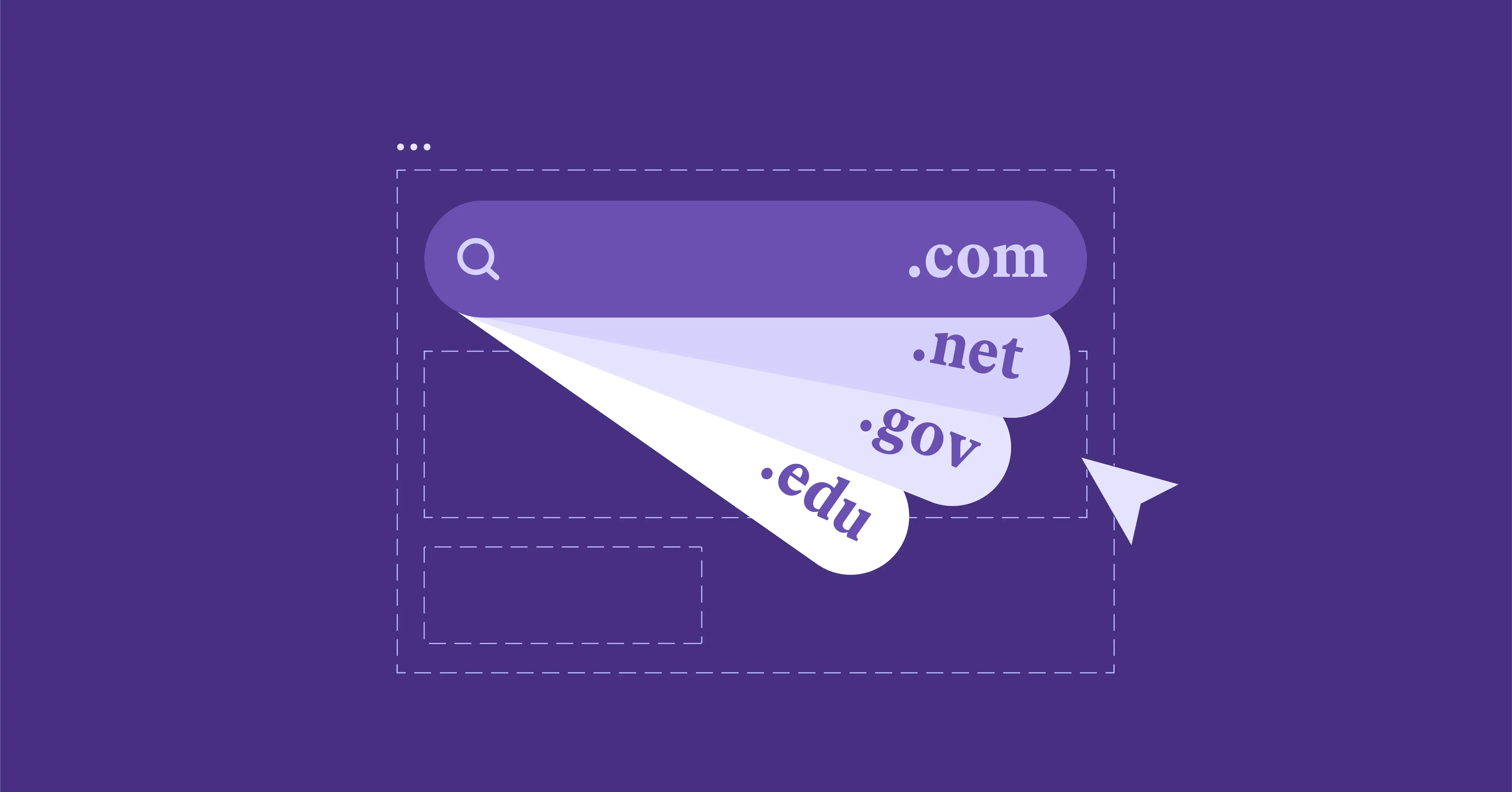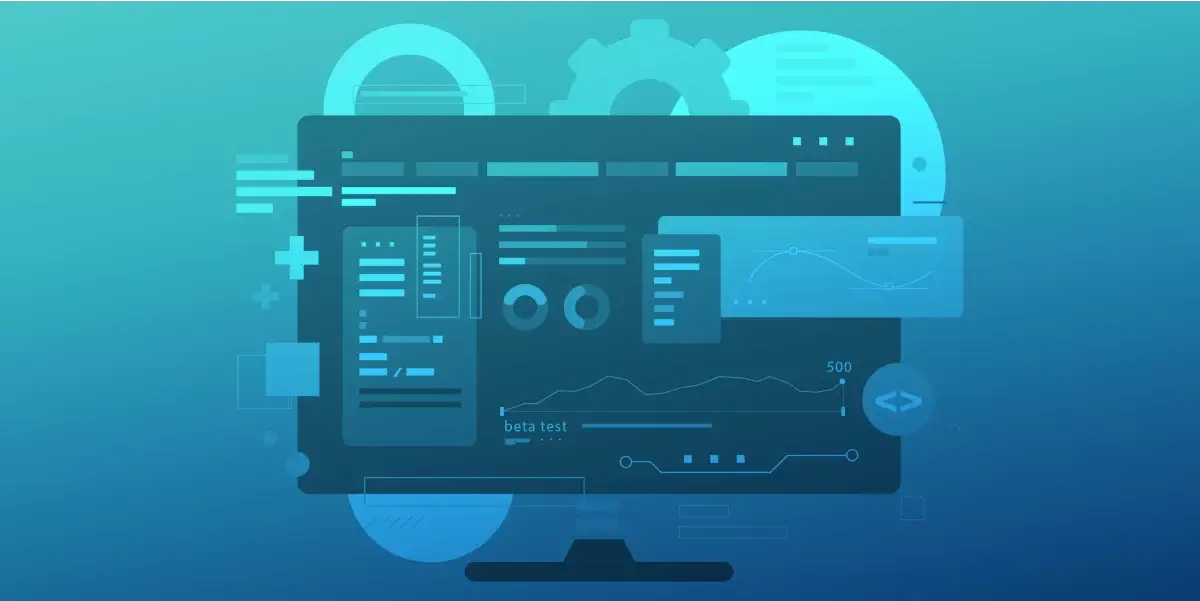· 3 min read
Website Security: Protecting Your Business from Online Threats
Safeguarding your website is crucial in today's digital landscape. This guide explores common website security threats and provides practical tips for protecting your business from online attacks.

In today’s interconnected world, website security is more critical than ever. Cyberattacks are becoming increasingly sophisticated, and businesses of all sizes are vulnerable. A security breach can have devastating consequences, including data loss, financial damage, and reputational harm. This blog post explores common website security threats and provides practical tips for protecting your business.
Common Website Security Threats
Understanding the various types of cyberattacks is the first step towards protecting your website:
- Malware: Malicious software designed to damage or disable your website. This can include viruses, worms, trojans, and spyware.
- DDoS Attacks (Distributed Denial of Service): Overwhelm your website with traffic from multiple sources, making it inaccessible to legitimate users.
- SQL Injection: A technique that exploits vulnerabilities in your website’s database, allowing attackers to access or modify sensitive data.
- Cross-Site Scripting (XSS): Inject malicious scripts into your website, which can then be executed by unsuspecting users.
- Phishing: Trick users into revealing sensitive information, such as usernames, passwords, and credit card details, often through deceptive emails or websites.
- Brute-Force Attacks: Attempt to gain access to your website by systematically trying different username and password combinations.
Practical Tips for Protecting Your Website
Implementing these security measures can significantly reduce your risk:
- Strong Passwords: Use strong, unique passwords for all website accounts, including administrator accounts, and enforce password complexity requirements. Consider using multi-factor authentication.
- Regular Software Updates: Keep your website’s software, including your CMS, plugins, and themes, up-to-date to patch security vulnerabilities.
- Web Application Firewall (WAF): A WAF filters malicious traffic and blocks common attack patterns. Y5 Web Studio offers WAF solutions as part of our hosting services.
- Security Plugins (for CMS platforms like WordPress): Install reputable security plugins that offer features like malware scanning, intrusion detection, and brute-force protection.
- HTTPS: Ensure your website uses HTTPS to encrypt data transmitted between your website and your users’ browsers.
- Regular Security Audits: Conduct regular security audits to identify and address potential vulnerabilities. Y5 Web Studio provides comprehensive website security audits.
- Backups: Regularly back up your website’s files and database to ensure you can quickly restore your website in case of a security breach or data loss.
- Security Training for Staff: Educate your staff about website security best practices and how to identify and avoid phishing scams and other social engineering attacks.
- Input Validation: Implement proper input validation to prevent malicious code injection, such as SQL injection and cross-site scripting.
Choosing a Secure Hosting Provider
Your web hosting provider plays a crucial role in website security. Choose a provider that offers robust security features and a strong track record of protecting their servers and customer websites. Y5 Web Studio provides secure hosting solutions designed to protect your business from online threats. Our hosting services include:
- Secure Servers and Infrastructure: Our servers are located in secure data centers with advanced security measures in place.
- Malware Scanning and Removal: We proactively scan for and remove malware to protect your website.
- DDoS Protection: Our hosting plans include DDoS protection to mitigate the impact of denial-of-service attacks.
- Firewall Protection: We utilize firewalls to filter malicious traffic and protect your website from unauthorized access.
- 24/7 Security Monitoring: Our team monitors our servers around the clock to detect and respond to security threats.
Conclusion
Website security is an ongoing effort. By staying informed about the latest threats and implementing proactive security measures, you can significantly reduce your risk and protect your business from the devastating consequences of a cyberattack.




